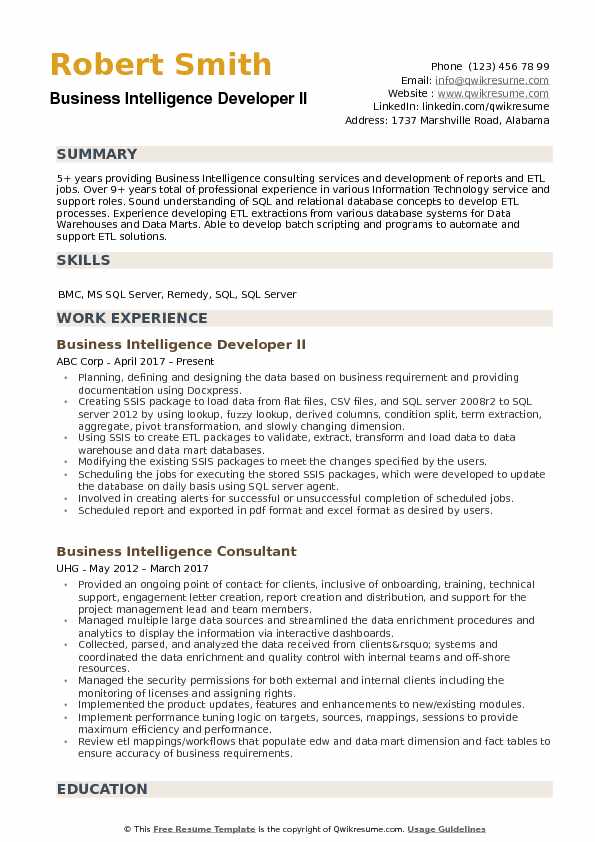

A 2014 PriceWaterhouseCoopers study showed that 95% of healthcare CIO’s are actively seeking out better ways to harness their data.Īs more people become insured and the burden on medical groups grows, there is an increasing need for technology that can better predict patient costs.

Healthcare executives are well aware of the coming changes. The time has never been riper for business intelligence in the healthcare community.Ī perfect storm of new technologies, lower prices, and greater availability of patient data has created unprecedented opportunity for healthcare organizations. And social media has provided a unique window into patient opinion and sentiment.įrom this seemingly overwhelming mass of information, business intelligence tools can generate key insights to improve patient outcomes, cut expenses, and analyze treatment plans and drug effectiveness. Health apps and personal fitness tools are a new source of downloadable patient data. Electronic health records are in the process of being centralized. The big data revolution has left those in the healthcare industry with massive amounts of information that they have never had access to before. Growth in the healthcare industry is at an all-time high, and healthcare organizations are seeking new ways to improve operating efficiency and reduce costs. Over half of all healthcare organizations plan to replace or buy a new business intelligence system over the next three years, according to a KLAS report, BI Perception. The healthcare industry is on the brink of transformation.


 0 kommentar(er)
0 kommentar(er)
